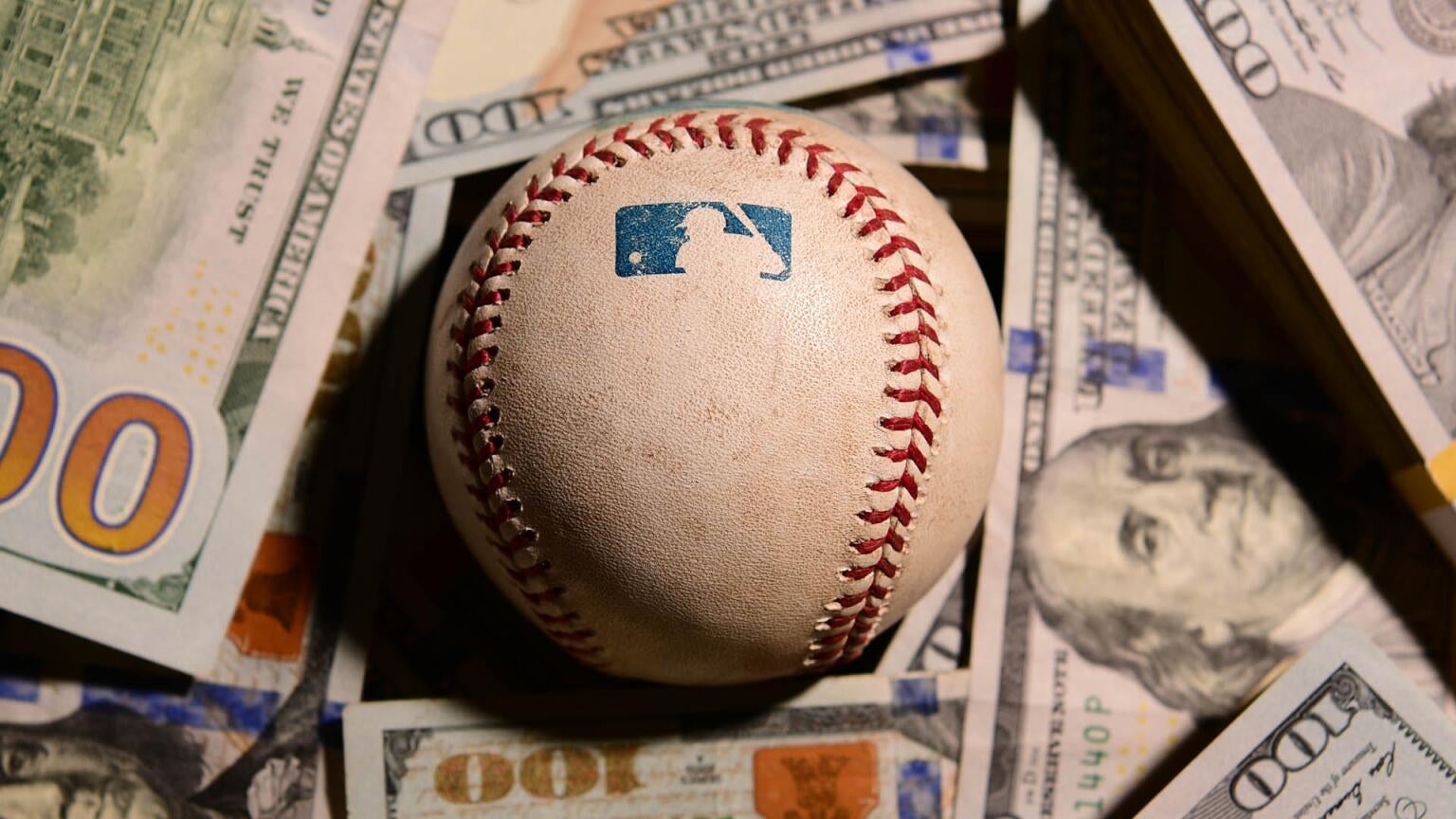Why Is MLB Bearing the Brunt of Regional Sports Network Disasters, While NBA and NHL Are Remaining Calm?

The troubles that regional sports networks (RSN) and their distributors are going through have been well publicized. From carriage disputes between channels like Altitude and cable providers, to bankruptcy proceedings for Bally Sports RSNs, to the abrupt exit of Warner Bros. Discovery from the RSN business, it seems that everywhere a viewer turns there’s a regional sports channel on its last legs.
Each league has faced its own unique challenges when dealing with the failure of the RSN model, but none has seemingly faced a bigger challenge than Major League Baseball. The most obvious reason for this is that the MLB season is about to begin, whereas the NBA and NHL are winding down their regular seasons in preparation for the playoffs, but their current schedules will reportedly not be impacted, since the payments for this season have already been made.
That means that MLB is the league faced with possibly very quickly having to try to find its own methods of broadcasting potentially thousands of games if the RSNs it has partnered with can’t bring those games to air.
The league has stated repeatedly that it is well-prepared to do so, but the looming start of the season is not the only reason that MLB is bearing the brunt of the failure of the RSN model. According to data from Sportico, as charted by Axios, MLB gets 23% of its total revenue from local media, such as RSNs. That’s by far the highest percentage of any league, as the next-closest entrant on the list is the NBA, which gets 13% of its revenue from these channels.

That means that pivoting away from these networks toward, say, a more direct-to-consumer (DTC) streaming-centric option could mean a big loss in upfront revenue for MLB. While the league would have the ability to sell its own advertising for a product that it distributes, it would not have the influx of cash via carriage fees and would have to shoulder the expenses of broadcasting and selling ads for the games.
But league commissioner Rob Manfred has made it clear that he wants in-market streaming options for baseball games sooner rather than later, suggesting he sees a temporary loss of income as inevitable, considering the current state of RSNs. The current plan is to air in-market games for free on the league’s out-of-market streaming service MLB.TV.
That logic is likely a big reason why MLB has been so vehement in its attempts to reclaim its broadcast and streaming rights from Diamond Sports Group (DSG), which owns and operates Bally Sports RSNs. DSG currently holds the broadcast rights to 14 MLB teams — but only has streaming rights for five of those clubs. Since the league obviously realizes that the RSN model is no longer viable, it may as well get its rights back now instead of trying to prop up a failing business for another season. The NBA and NHL are willing to work with Diamond through the end of this year, but both are carefully weighing their options for next season.
Baseball is clearly no longer interested in doing business with DSG, or companies like it. Those broadcasters are too late in figuring out strategies for a pivot in the cord-cutting era in the league’s eyes, and now it would rather sort the issues out itself and remove the middlemen between fans (and their money) and the league.
That will mean more financial pain in the short term for MLB, as it faces the building of an in-market streaming service and negotiations with cable providers to show more games on MLB Network. But depending on how the league handles a pivot away from RSNs, it could provide a model for other major sports leagues in the United States to move on not just from regional networks, but from linear TV altogether.
MLB.TV
MLB.TV is the official streaming service of Major League Baseball. You can see every out-of-market game live or on demand, and choose home or away TV and radio feeds. The app allows fans to watch up to four games simultaneously on the same screen through their Multi-view feature.

